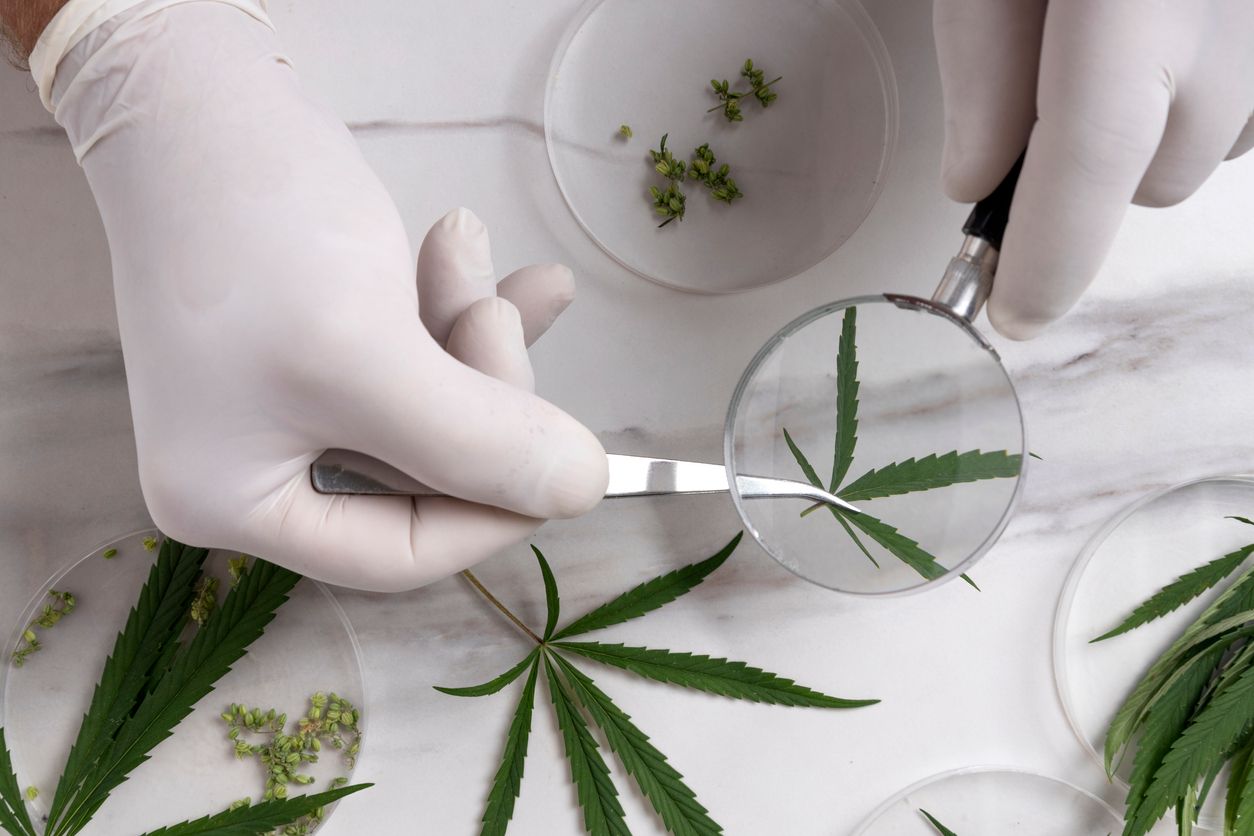
Before we get into the nitty gritty of what exactly HHC is and how it compares to THC, it’s important to first understand the difference between the two. THC is the main psychoactive compound in cannabis plants, while HHC is a lesser-known but equally important compound.
While THC is responsible for making users feel high, HHC has a range of medical benefits that make it an essential part of cannabis medicine. These benefits include treating pain, inflammation, and anxiety disorders; helping patients sleep better; and minimizing side effects caused by other medications.
When it comes to comparing HHC to HXC THC, most experts say that there is no clear winner – each compound has its own set of benefits and drawbacks. But overall, both compounds play an important role in the cannabis plant and should be included in any comprehensive medical marijuana regime.
What is HHC And How Does it Compare to THC?
The Hemp Industry Council (HIC) is a non-profit trade association that represents the hemp industry in the United States. The HIC’s mission is to promote and support the growth of the hemp industry through education, research, and advocacy. The HIC is one of the leading organizations working to legalize hemp in all 50 states.
The main difference between THC and hemp is that THC is a cannabinoid found in cannabis plants that can produce psychoactive effects, while hemp contains only trace amounts of THC. THC has been linked with marijuana use, while CBD has been shown to have therapeutic potential.
The HIC offers a variety of resources for members including educational materials, legislative updates, and market analysis. The HIC also lobbies state and federal government on behalf of the hemp industry.
How Does HHC Work?
HC is a form of cannabis that contains a high concentration of THC. THC is the compound that creates the “high” feeling when smoked or ingested. CBD, on the other hand, is a non-psychoactive compound found in cannabis that has been shown to have medical benefits. When combined, these two components create a unique experience for users.
What is HHC and how Does it Compare to THC?
HC is a form of cannabis that contains a high concentration of THC. THC is the compound that creates the “high” feeling when smoked or ingested. CBD, on the other hand, is a non-psychoactive compound found in cannabis that has been shown to have medical benefits. When combined, these two components create a unique experience for users. While both THC and CBD are psychoactive, HHC produces a stronger “high” because it contains more of the psychoactive substance THC. While both types of cannabis can be used for medical purposes, HHC is typically used for recreational purposes due to its higher THC content.
What are the Benefits of Using HHC?
There are many benefits of using HHC, including: improved mood and anxiety relief, decreased inflammation, and reduced pain. HHC is a non-intoxicating cannabinoid for those looking for relief from chronic pain and inflammation. It also has a wide range of potential therapeutic uses, including treating conditions such as Crohn’s disease, multiple sclerosis, and cancer.
Compared to THC, HHC has been shown to be more effective in treating conditions like Crohn’s disease and multiple sclerosis. Additionally, it has a lower potential for addiction and doesn’t cause psychoactive effects. While there are still some studies being conducted on the potential benefits of HHC, it is clear that this cannabinoid has a lot to offer those seeking relief from chronic pain and inflammation.
What are the Risks of Using HHC?
The hazards of human-derived cannabinoids (HDCs) are still unclear, but they could include addiction, impaired mental function, and even death. THC treatments have been linked to serious side effects such as anxiety, paranoia, and psychosis.
Conclusion
If you’re looking to learn more about hemp and cannabis, then you’ll want to read this article. In it, we’ll compare and contrast THC and HHC, explaining the differences between these two main cannabinoids found in cannabis. After reading this article, I think you’ll have a better understanding of how each compound can impact your everyday life.

